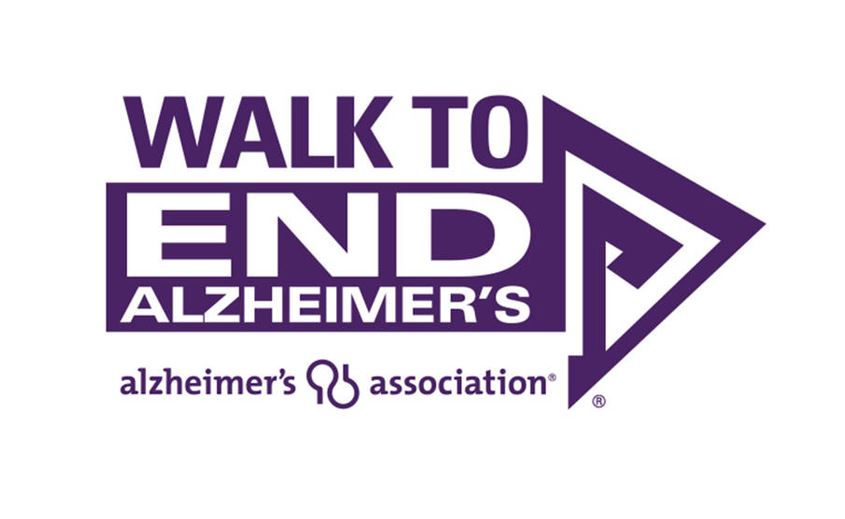August 31, 2021 | Estate Planning

We fully support learning a new skill. Refinishing furniture? Great! Learning to knit? Awesome! DIY estate planning? Uh oh.
There’s a learning curve for everything, and for some things that’s ok. The paint drips on the refinished table can be hidden. The sweater you knit that turned out comically too small might be perfect for the dog. But when it comes to your estate plan, DIY mistakes can have a bigger, and sometimes irreversible, impact. Let’s look at some common pitfalls:
DIY Pitfall #1: Misdiagnosis
When you need medical care, you don’t self-diagnose and then order up your own treatment. (Well, some people might—much to the chagrin of their physicians—but that’s a topic for another blog.) Generally, we all understand why self-diagnosis (and subsequently misdiagnosis) is a problem. Without the correct diagnosis, you could end up with the wrong treatment. And the wrong treatment could do more harm than good.
The same is true for creating your estate plan on your own. You could end up with the wrong components, or pieces that are missing altogether. With that said, you might wonder why sites promising DIY legal document preparation are so popular. Like many things in the Internet age, they satisfy the instant gratification we desire. But to understand why that’s not always a good thing, let’s revisit our doctor example.
There’s only so much your doctor can do for you online. You can schedule a telehealth visit, but there’s a limit to what your doctor can treat without seeing you in person and getting to know you and your health history. A good doctor treats the patient, not just the symptom. Likewise, you need an attorney who will get to know you, your goals, and your circumstances to ensure your estate plan is set up properly and includes all the components necessary to provide the right protection.
DIY Pitfall #2: Execution
Let’s say you’re convinced your situation is as cookie cutter as possible. You’re certain using a wizard online to create your estate plan is sufficient. After all, millions of people can’t be wrong, right?
Wrong. What those millions of people can’t tell you is what happens after they use that online wizard. Turns out the process isn’t as one-and-done as it seems. Unlike e-filing your taxes, you can’t just e-file your estate plan and call it a day. In order for it to be recognized by the court, there’s a process to follow. For example, your documents have to be notarized and signed before a witness. Just when you thought you could do it yourself, suddenly there are more costs and people involved than you’d planned for.
Procedure aside, let’s not forget there’s also the risk of invalidating your will through mistakes that are hard to spot if you’re not a legal professional. Legal language can be tricky and the wrong wording can cause headaches down the line. Plus, laws vary from state to state and change all the time. It’s impossible to stay on top of these things unless it’s literally your job to do so.
DIY Pitfall #3: Support
That’s the perfect segue into pitfall #3: support. Knowing that laws constantly change, the plan you have today may need modifications in the future for that very reason, or any number of other reasons—like life changes, family changes, or financial changes. The point is that plans can become outdated. They need to be revisited periodically. Ideally, you have someone you can count on to ensure that happens.
At AlerStallings, we offer lifetime support for every plan we create. That means providing complimentary meetings—including annual update meetings—and no-fee phone calls. The relationship doesn’t end when you sign the plan. We’re with you however life changes, serving you with heart. Our duty is more than just ensuring that you and your family have a plan that protects you today; it’s also to ensure that you continue to have a plan that protects you in the future. It’s service we hope gives you greater peace of mind and more time for the things close to your heart—like those DIY pursuits.
We’re here for you.
Call us at (614) 654-5860 to schedule your complimentary consultation.



